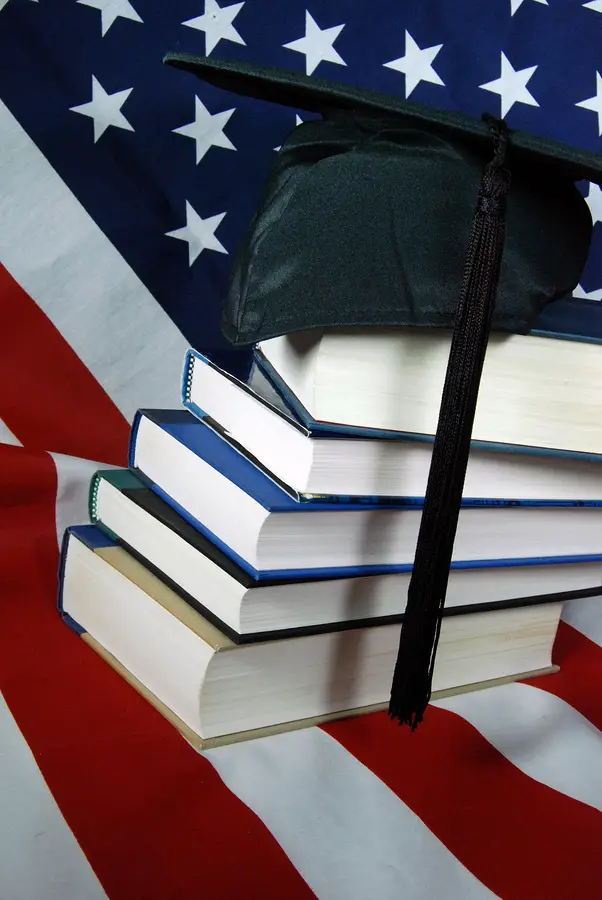 If you’re looking for data for your own Moneyball college admission search, check out the sample spreadsheet in the DIY College Search Spreadsheet class for free.
If you’re looking for data for your own Moneyball college admission search, check out the sample spreadsheet in the DIY College Search Spreadsheet class for free.
In Moneyball, Michael Lewis lists five rules that Billy Beane uses when shopping for baseball players just before the trading deadline. It’s important to remember that these aren’t just any players.










